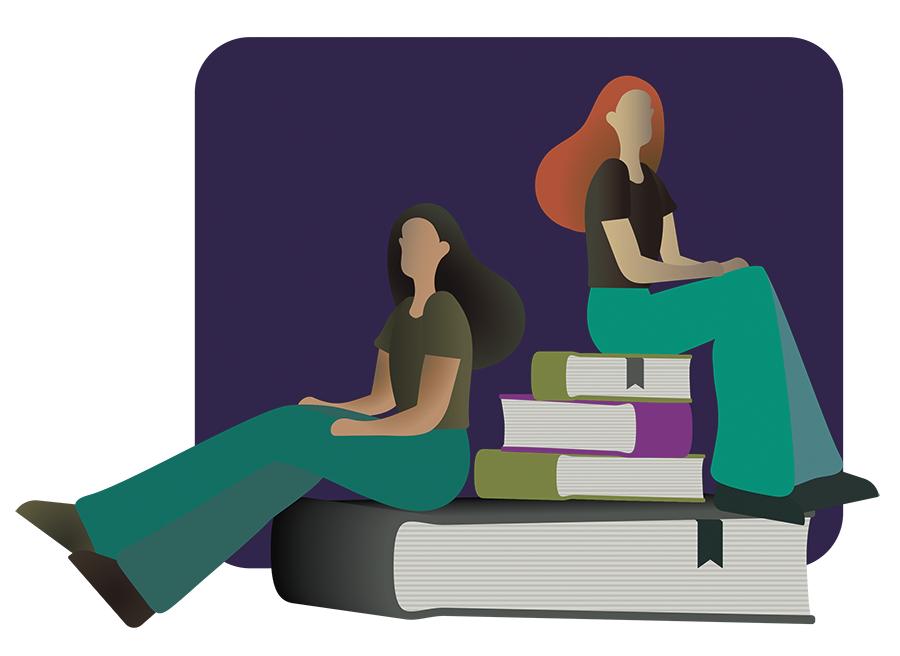Social media’s fictional beauty standards
January 22, 2020
Growing up in an immigrant household, there are a lot of things you must rapidly understand from a very young age. How you must be more diligent, how you must be secretive, how things can change at any time, and how you must always be prepared for if they do.
My Mexican parents have always promised to keep their culture alive. They embody the word tradiciones, traditions. Out of all the things we kept hidden, our culture was never one of them.
“Please stand up and state your first and last name,” was the first thing to be requested of me on the first day of sixth grade.
“My name is Jeanette Michelle Ledesma Ceron.” I stood as straight up as I could, prepared to answer any following question.
“Why is your name so long?” I would often be asked, and I always paused for before answering.
“Because you get both your parents’ last names in Mexico, where I’m from.”
That answer that usually lead to even more questions.
I accounted for one of the three Latinx students in that grade. The three of us eagerly became friends. While I was the only undocumented one amongst us, we still related on many cultural aspects. Introducing each other to our families and mutually getting scolded by one of our parents during our after-school hangouts, “We speak Spanish in this house!”
That same year, Facebook became the popular way of sharing thoughts, pictures and messages. The perfect way to procrastinate my homework. All of my free hours being spent inboxing my friends and scrolling through fashion pictures – pictures that featured many models, none of whom ever looked like me.
As an 11-year-old can, I aspired. I aspired to look more like them. Desiring green-blue eyes enough to convince myself that staring at the sun would eventually color bleach the dark brown color in mine. The thin, flowy, blond hair my mom always reminded me would never match my eyebrows. I began to dislike the things I didn’t match. One of them being my culture.
Facebook and YouTube were the two biggest forms of social media at the time. You could have your own personal account for both of them.
They required you to state your name, last name, age, and email. They theoretically could’ve had a section in the terms and agreements where they warn about the turbulence your mental health might endure, but I guess nobody ever reads those anyway.
Many more outlets have been created since Facebook, each of them seemingly more toxic and addicting than the previous.
After years of growth and the practice of self-love, I regained confidence and the appreciation for my culture.
Social media has now become something I use specifically to draw inspiration from.
Usually an idea for a recipe or a painting. However, the lack of diversity and representation in movies, TV shows, and social media is something that feeds into the Eurocentric beauty standards.
This makes it an even more harmful vent for people of color, but specifically children, who tend to be more susceptible to opinions and trends.






























